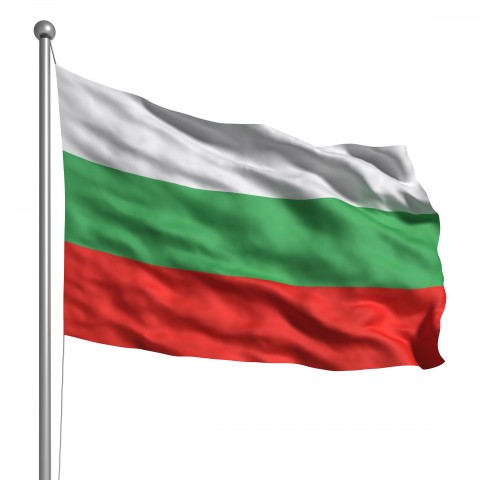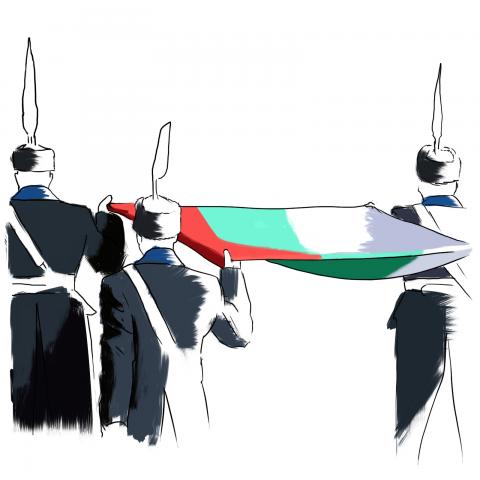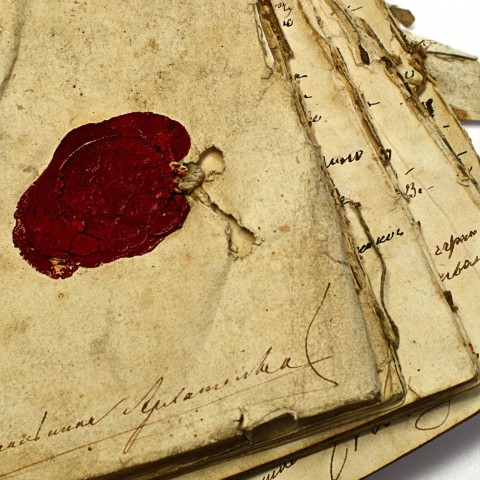Independence did not come easily for Bulgaria. The nation only gained its freedom after hundreds of years of oppression, and the process was a lengthy and trying one. One event in particular helped propel the nation toward its goal: the nation’s liberation from the Ottoman Empire in 1878.
In this article, you’ll learn all about Bulgarian Liberation Day (also known as Bulgaria’s Day of Liberation from Ottoman Domination) and how it’s celebrated today. Let’s get started!

1. What is Liberation Day?

Bulgaria’s struggle for independence goes way back, beginning in the fourteenth century when the Ottomans began organizing attacks on various cities within the country. The Ottomans eventually gained control of the Bulgarian territory, forming what is now referred to as the Ottoman Yoke. Beginning in 1762, the Bulgarian Revival fought back against the Ottoman Rule. Still, the Ottoman Yoke lasted for roughly 500 years—until one of Bulgaria’s most defining moments occurred on March 3, 1878.
This was the date when the Liberation of Bulgaria took effect, following the signing of the Treaty of San Stefano, or Санстефански мирен договор (Sanstefanski miren dogovor). The treaty was signed in order to end the Russian-Turkish war. However, even after this momentous occasion, Bulgaria was considered a vassal state of the Ottoman Empire and thus did not have full freedom as a nation. The signing of this treaty is celebrated, however, because it marked the beginning of Bulgaria’s eventual rise to complete freedom and autonomy.
A few months later, on July 13, 1878, another treaty was signed: the Берлински договор (Berlinski dogovor), or Treaty of Berlin. This treaty gave Bulgaria further autonomy, though the nation would not gain full independence until 1908.
In Bulgaria, Liberation Day is viewed as one of the most important holidays, marking a key event in the nation’s history. The holiday has been celebrated unofficially since 1880 (when it was called Day of the Emperor Alexander II’s Assassination and the Conclusion of the San Stefano Peace Treaty—yes, it’s a mouthful). In 1888, it was shortened to Liberation Day of Bulgaria, and two years later was given official holiday status.
- → See our lessons Top 5 Dates During the Calendar Year and Top 5 Things You Need to Know About Bulgarian Society to gain more useful insight into Bulgarian culture and history!
2. Traditions for Bulgarian Liberation Day

On National Liberation Day, Bulgarian workers can look forward to a full day off work. Due to the significance of the holiday, there’s an array of activities and celebrations throughout the nation, many of which vary by city. For example, in cities where historical battles were held, there may be larger observances or activities that are more focused on that specific battle. Wherever you go, the Bulgarian flag will be hoisted high!
There are several speeches, parades, concerts, and other cultural celebrations put on by the government, some of which are attended by the Bulgarian President and city mayors, as well as other government officials. One of the most popular events is the nighttime fireworks show at the National Assembly Square.
Numerous lives were lost in Bulgaria’s long fight for freedom, so there are wreath layings at various memorials throughout the nation. People may also leave flowers or cards to show respect for those who gave their lives. Because other nations aided in Bulgaria’s liberation, the focus is not only on Bulgarian heroes, but on those of Russia, Finland, and Romania. (In fact, the Russian President often takes part in the Liberation Day observances.)
The Bulgarian Orthodox Church hosts a liturgy and prayer event, commemorating the events leading up to the nation’s liberation. There are also masses that take place.
Two key locations for this holiday are the Shipka Monument and Shipka Pass. The latter is where a major battle took place, and people gather there in large groups in memory of it.
To conclude, here’s a rather unique tradition: On the Day of Liberation, Bulgarian men swim across the Danube River to Romania’s coast. This is because Svishtov (located near the Romanian border) was the first city to be liberated.
3. Another Key Event in Bulgarian History
While the liberation of Bulgaria in 1878 was a major turning point in the right direction, there was another event that occurred a few years later that aided Bulgaria on its road to freedom.
This event was the joining of Източна Румелия (Iztochna Rumeliya), or Eastern Rumelia (one of the three parts into which Bulgaria was divided), with liberated Bulgaria. It occurred in 1885, and created yet another stepping stone toward the nation’s independence. To commemorate this event, Bulgarians celebrate Unification Day each year.
4. Key Bulgarian Vocabulary for Liberation Day

Ready to stretch your Bulgarian vocabulary skills and expand your mental word bank? Then study up on these useful phrases and be sure to practice their pronunciation on our Liberation Day vocabulary list!
Ден на Освобождението на България от турско робство / noun, masculine
Den na Osvobojdenieto na Bylgariya ot tursko robstvo
Liberation Day
Източна Румелия / noun, feminine
Iztochna Rumeliya
Eastern Rumelia
Санстефански мирен договор / noun, masculine
Sanstefanski miren dogovor
Treaty of San Stefano
Берлински договор / noun, masculine
Berlinski dogovor
Treaty of Berlin
Подписвам договор / phrase
Podpisvam dogovor
Sign a treaty
Възстановяване на българската държавност / phrase, neutral
Vazstanovyavane na balgarskata darzhavnost
Recovery of the Bulgarian state
Княжество България / noun, neutral
Knyazhestvo Balgariya
Principality of Bulgaria
Национален празник / noun, masculine
Natsionalen praznik
National holiday
Церемония / noun, feminine
Tseremoniya
Ceremony
Празнуване / noun, neutral
Praznuvane
Celebration
Final Thoughts
Bulgaria’s Day of Liberation marks one of a few key events in the nation’s centuries-long struggle for autonomy and independence. We hope that learning about this holiday and its background has given you a craving for even more knowledge on Bulgarian culture and holidays!
To continue your Bulgarian studies, we recommend you check out the following pages on BulgarianPod101.com:
- St. Trifon Day: Celebrating the Patron Saint of Wine
- Bulgarian Holiday for the Glagolitic & Cyrillic Alphabet
- How to Celebrate the Feast Day of Prophet Elijah in Bulgaria
- Baba Marta: Celebrating Grandma March Day in Bulgaria
- Essential Vocabulary for Life Events in Bulgarian
If you sample our content and like what you find, remember that you can create your free lifetime account at any time! This will give you access to tons of lessons for learners at every level, our flagship podcast, spaced repetition flashcards, and much more!
It’s our goal to make learning Bulgarian both fun and effective, so what are you waiting for?
Before you go: Does your nation have a holiday similar to Liberation Day? If so, how do you celebrate?










